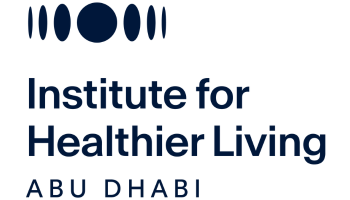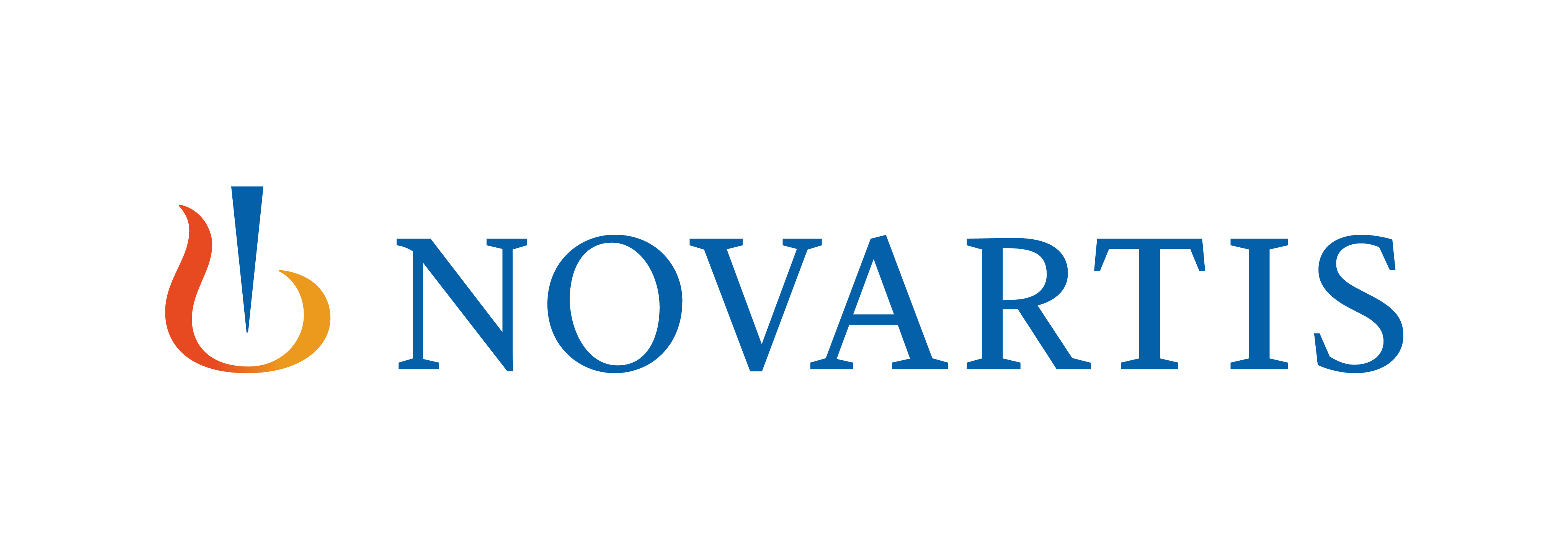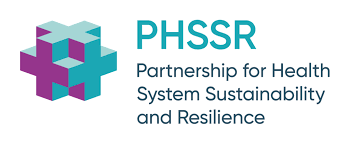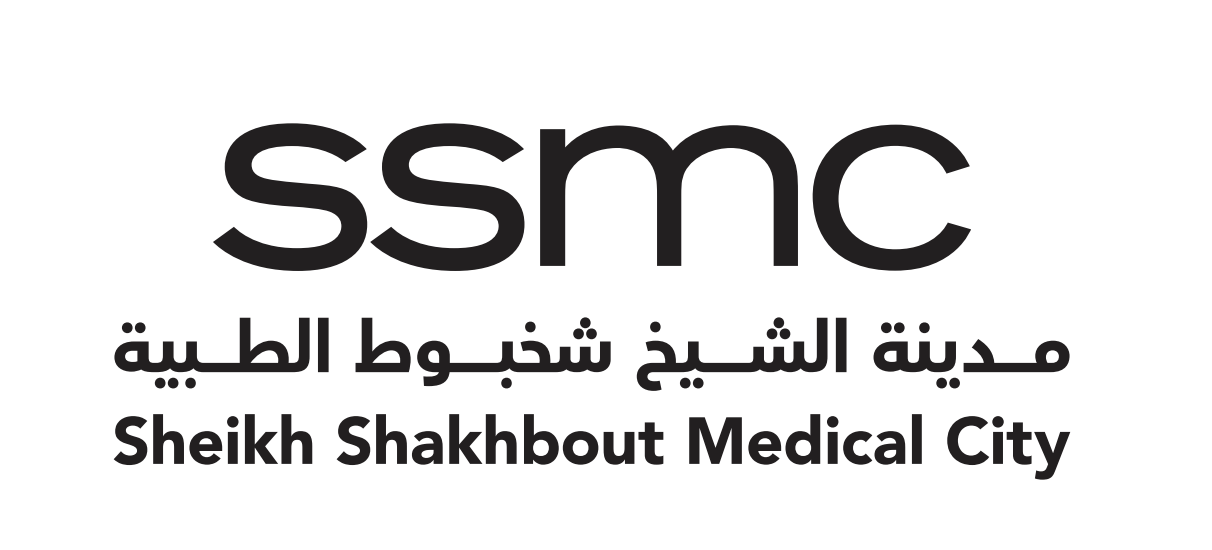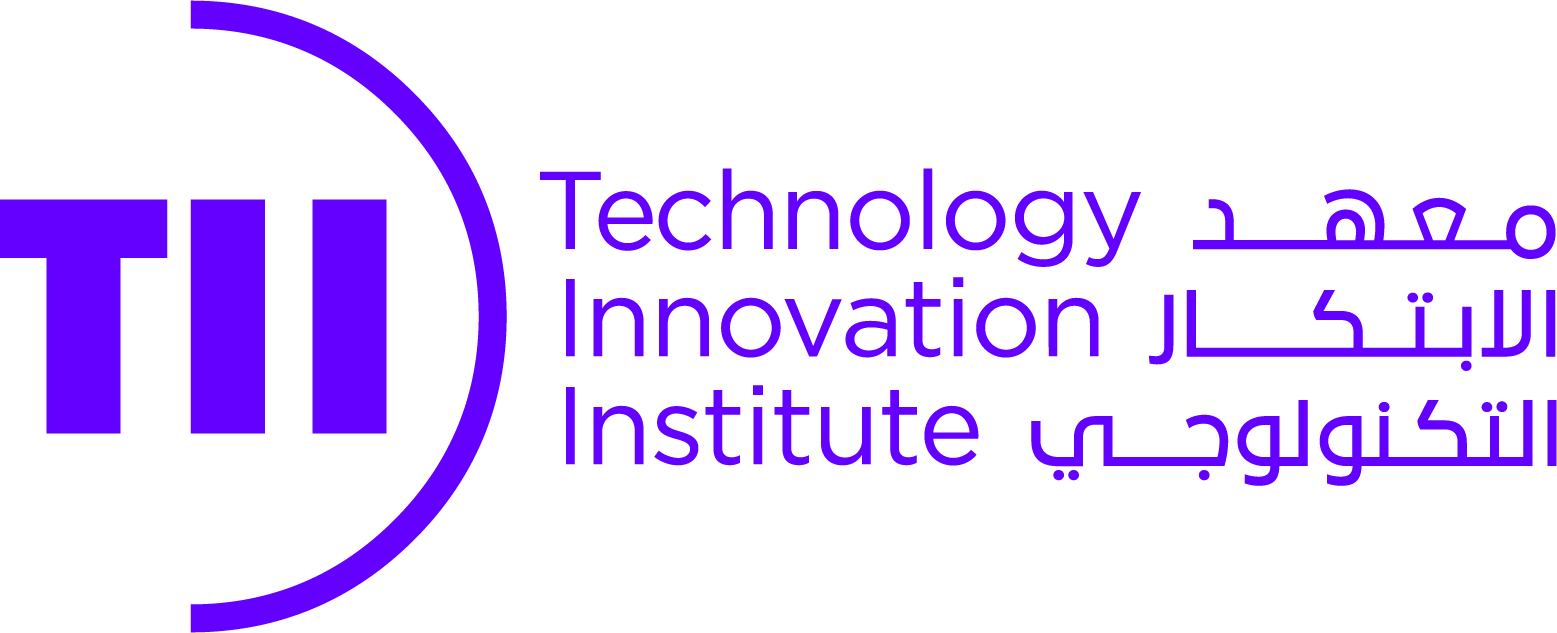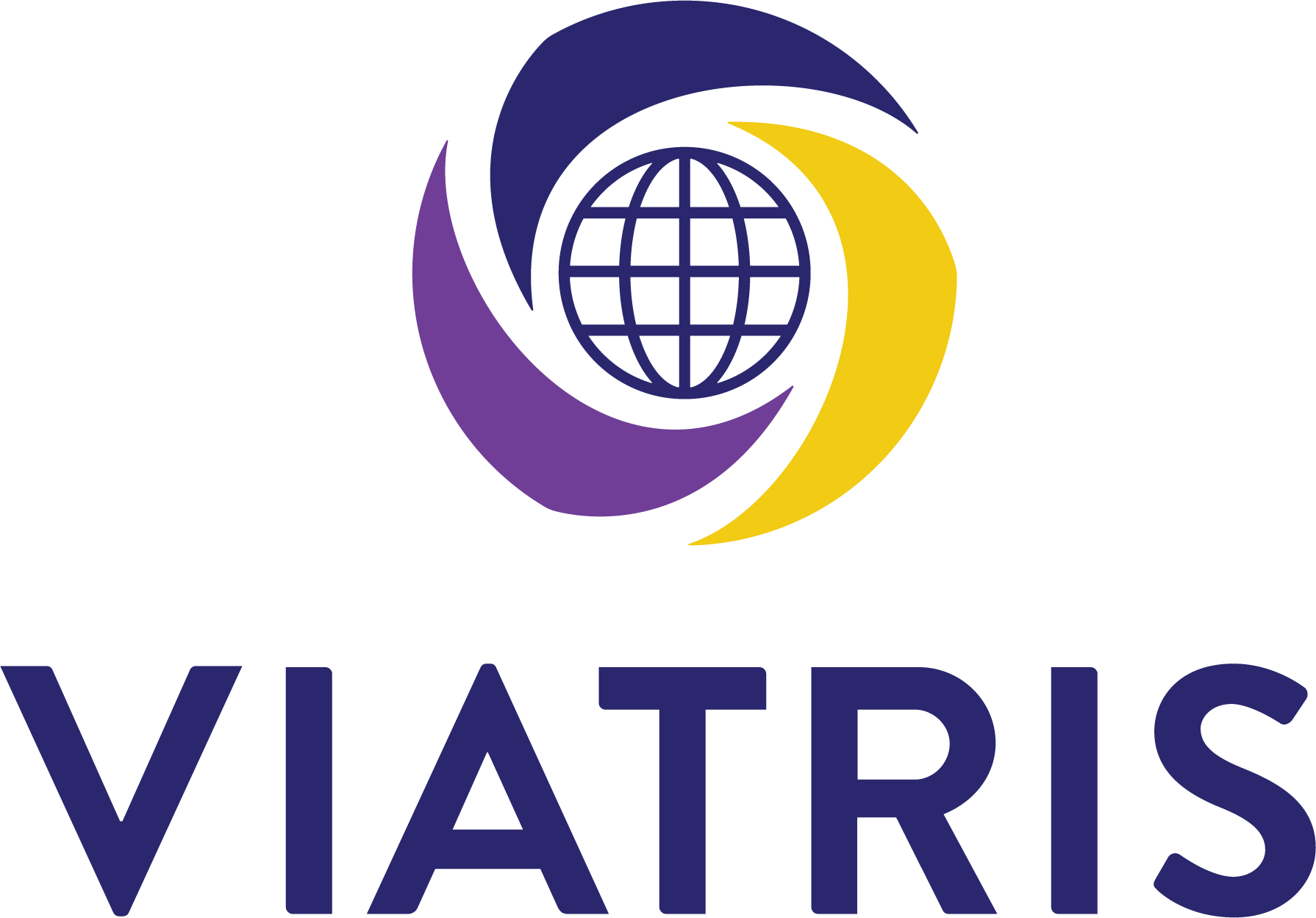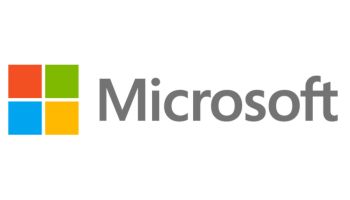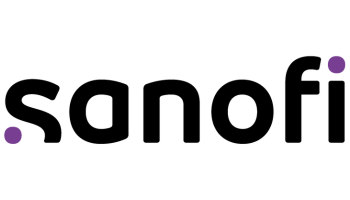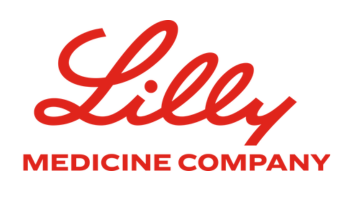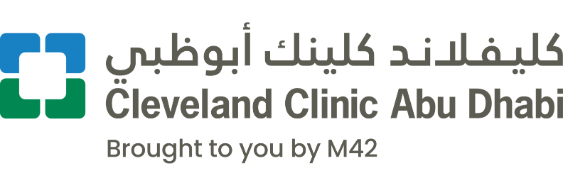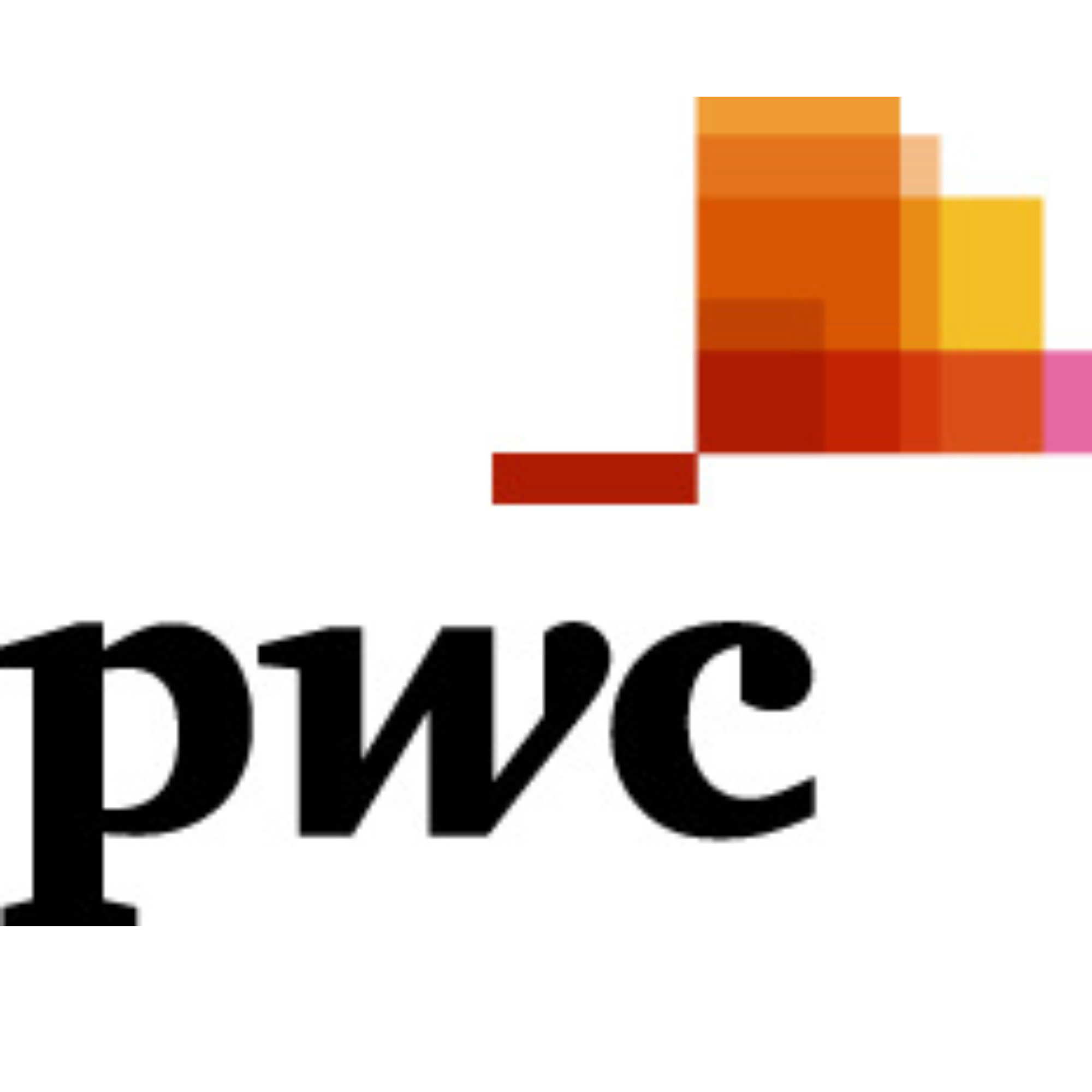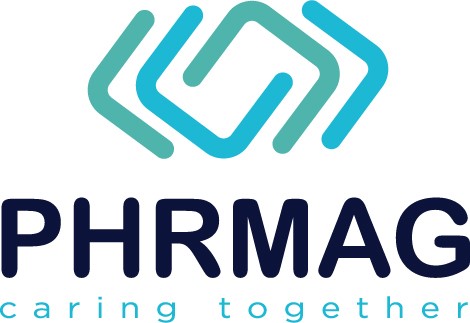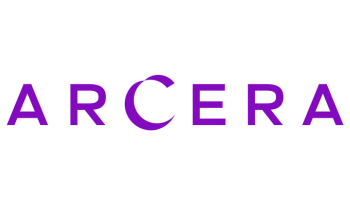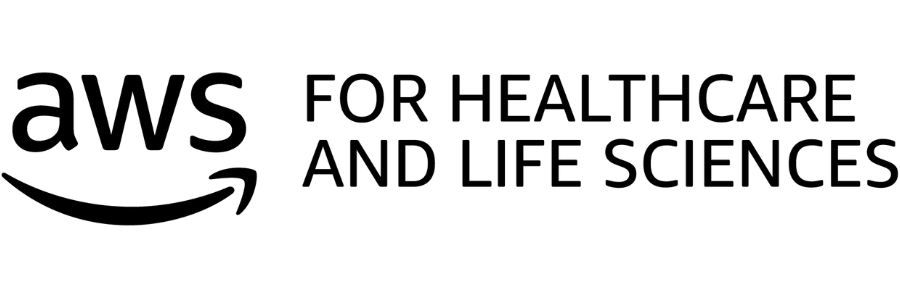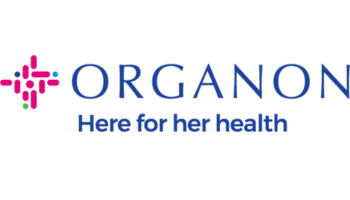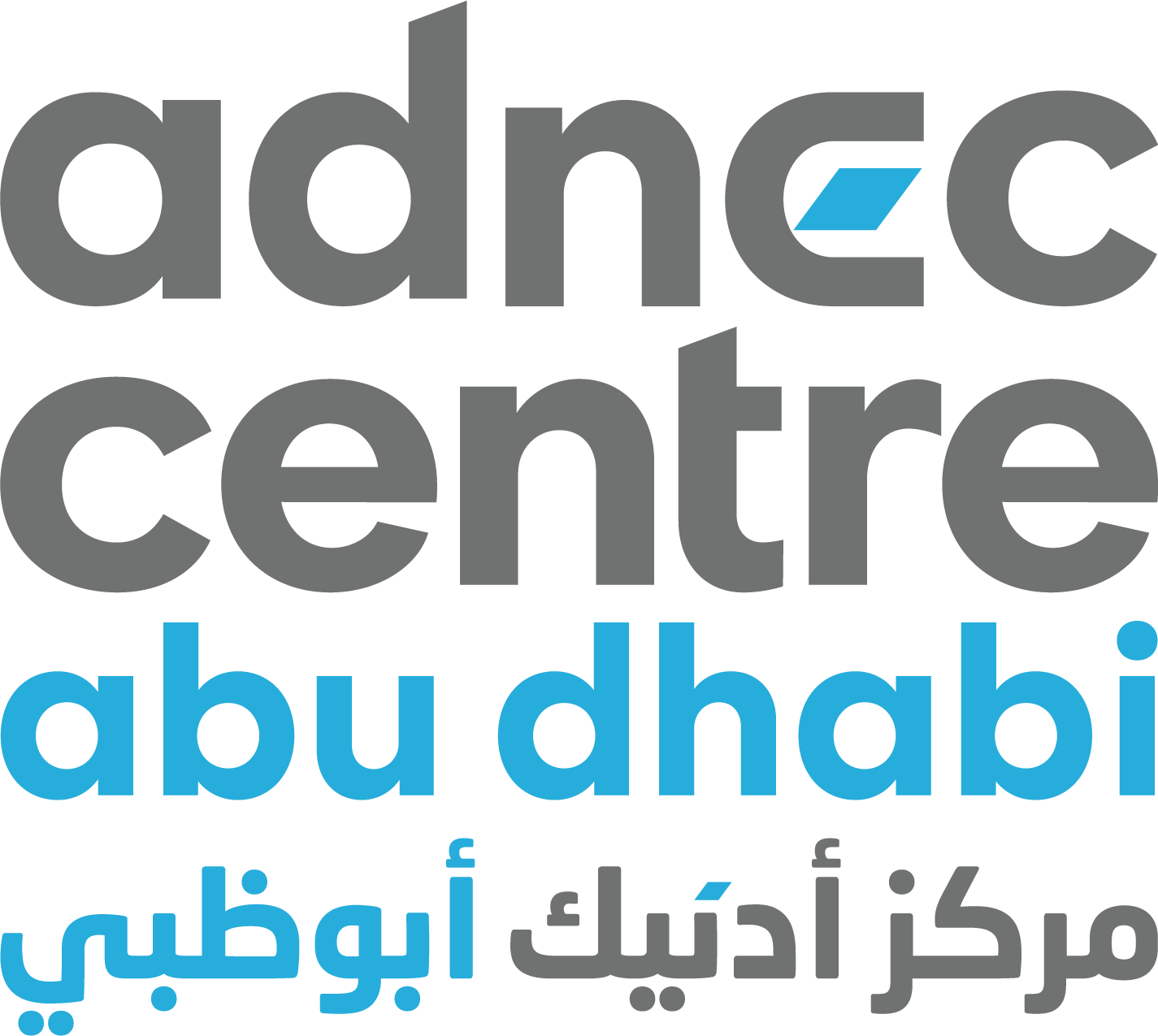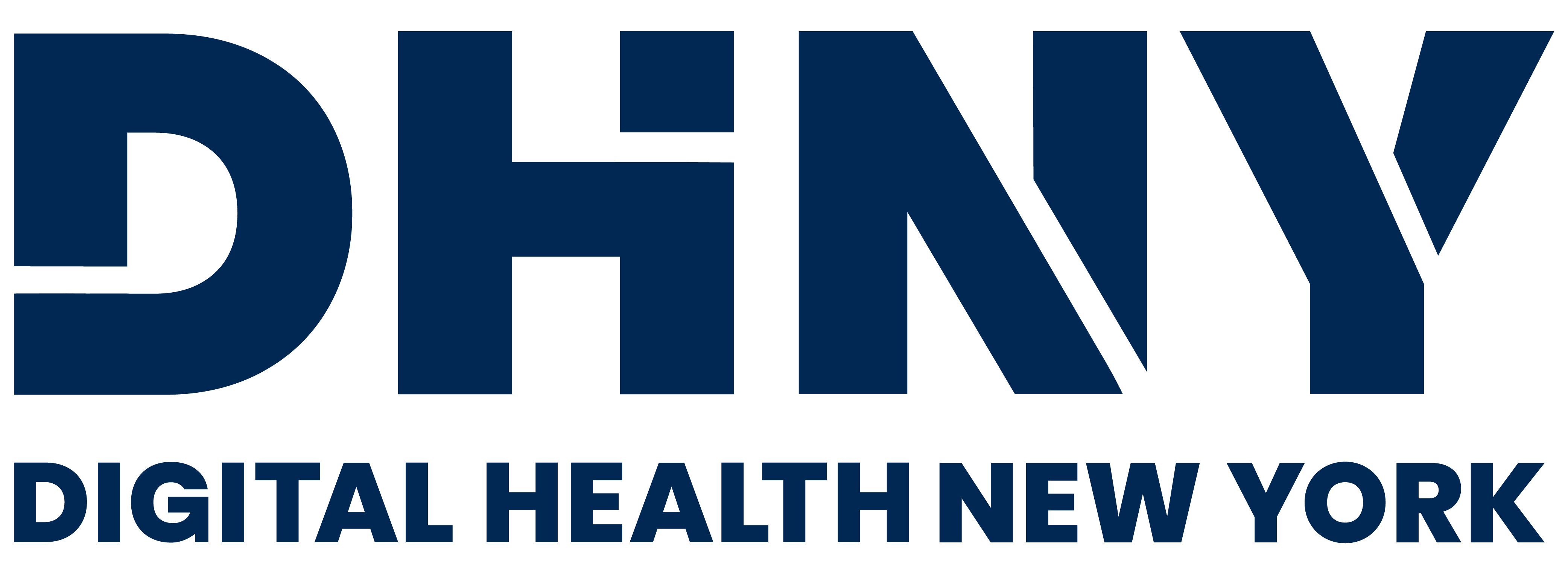تحت رعاية سموّ الشيخ خالد بن محمد بن زايد آل نهيان، ولي عهد أبوظبي رئيس المجلس التنفيذي لإمارة أبوظبي
Under the Patronage of His Highness Sheikh Khaled bin Mohamed bin Zayed Al Nahyan, Crown Prince of Abu Dhabi and Chairman of Abu Dhabi Executive Council
ACCELERATING THE FUTURE OF GLOBAL HEALTHCARE
AN ABU DHABI STRATEGIC INITIATIVE
AB in Focus: Affordable, accessible medical care is the ‘magic’ that people need, Aster’s Alisha Moopen says
The deputy managing director of Aster DM Healthcare shares insights on medical tourism, the firm’s expansion plans, the impact of Covid, and the need to keep ‘people first’ while focusing on digital healthcare
As the UAE continues to grow into a leading hub for medical tourism, it Is becoming increasingly important to ensure the sustainable development of quality healthcare that is both affordable and accessible.
While the UAE does provide a great combination of connectivity, technology, quality of medical care, and trusted infrastructure – all of which make it an ideal destination for medical tourism – the fallout of the Covid has brought the need for better accessibility and affordability back to the limelight.
Speaking exclusively to Arabian Business, the deputy managing director of Aster DM Healthcare, Alisha Moopen, explained: “One of the main backlashes from Covid is that there have been so many people who needed care, but didn’t have access to care, because most of the hospitals across the world were so busy dealing with the pandemic.”
Why the UAE is growing as a medical tourism hub
The Middle East has stepped up to bridge this gap in healthcare, offering medical tourism as a means to accessible care to people from around the world.
“We truly believe that the UAE is extremely well placed strategically to handle a large part of this need for medical tourism patients, firstly, because of its location, which makes it easily accessible. The aviation industry, with Emirates, Etihad, and the kind of networks that we have to connect it with the rest of the world, makes it a brilliant choice,” Moopen said.
“Secondly, the UAE really is one of the safest places on the planet. Dubai was recently recognised as the 35th safest city in the world. This is really important to people who are talking about leaving the comforts of their home, and travelling far away to get medical care. The last thing you want is not to be in a safe or caring environment. I think that makes a big difference.
She added: “Thirdly, and of course, most importantly, is the quality of healthcare that you get here in the UAE. The nation has the largest number of JCI-approved hospitals outside of the US. The number of facilities that they have, the kind of infrastructure, the kind of medical talent that the UAE attracts from around the world is top-notch.”
In addition to choices regarding the best in medical care, the best facilities, and the best doctors, the UAE also offers a score of attractive choices for bystanders who accompanies the patients.
“With the growth of hospitality alongside quality care in the UAE, the choices for bystanders and families accompanying patients also adds to the nation’s attractiveness as an ideal destination for medical tourism,” Moopen said.
Aster DM Healthcare’s expansion plans in India and the UAE
From a business perspective, Aster DM Healthcare currently has a presence in seven countries with 29 hospitals, 120 clinics, 371 pharmacies, as well as 114 labs and PECs, in total.
However, the 35-year ‘young’ company is still looking to diversify and expand.
Moopen said: “The idea of Aster began with how we can offer the full spectrum of care to someone from the time they are born to the moment they take their last breath. Whatever people need medically, we provide it within the Aster ecosystem – from the sweetest of things such as the delivery of a child, to the harshest of requirements such as palliative care.”

Alisha Moopen, deputy managing director of Aster DM Healthcare. Image: ITP Media Group
In an exclusive conversation with Arabian Business, Alisha Moopen opens up about the firm’s expansion plans in India, which involve building new hospitals, and its plans in the UAE, which involve improving connected care options.
“We have great expansion plans, especially in India, which is witnessing a huge supply-demand growth. We have earmarked approximately 900 crores over the next three years for facilities in India, as there is a need for a lot more beds,” Moopen explained.
“In the UAE, where there are beds available, our focus is more on connected care. We want to provide customers and patients with more choices.
“We provide options to people who may not necessarily want or need to come into the hospital. As a result, in the UAE, we are trying to build a much closer, personalised, digital ecosystem, where people have a choice to either come to a physical hospital or clinic or meeting our medical experts digitally.”
Impact of Covid on telemedicine and digital healthcare
Lessons learnt during the pandemic are beginning to define the post-Covid world, as people look to reduce time spent in waiting rooms of hospitals, lower transportation time, and avoid being exposed to contagious, infectious, and communicable illnesses.
“The only silver lining that we’ve seen after Covid is the push that it has given to telemedicine and digital health,” Moopen said.
“Earlier, there was this notion that digital healthcare does not feel the same as actually going to visit a doctor; that you’re not connected to your patient. There were concerns around care and compassion. However, all this flew out the window with the pandemic.
“As soon as the pandemic hit, we had almost 800 of our doctors go online. We did almost 100,000 online consultations over a six-month period.”
Initially, Aster witnessed people trying telemedicine and digital health to test it out when they didn’t have any other option. Then, the firm began to see people like the options of telemedicine and digital health and return to online consultations.

Aster witnessed people trying telemedicine and digital health to test it out when they didn’t have any other option. Image: Shutterstock
“Post-Covid, the question returned – would we continue down the path of digitalising medical services or would we switch back to in-person consultations? The answer was somewhere in the middle,” Moopen explained.
“While there were some people who preferred saving time and effort by going online, others continued to choose the comfort of meeting doctors personally.”
Addressing challenges with people and tech at the fore
On one hand, while there are a lot of medical services that can be moved online, it is equally important to also acknowledge that certain medical services such as surgeries, operations, and complex diagnosis of conditions will still need in-person customised and personalised care.
This brings up a whole different challenge that needs to be addressed within the industry.
“Currently, we have limited number of good doctors, specialists, and nurses. The resource challenge that the healthcare industry is facing is not as much in terms of capital allocation, as it is in terms of manpower allocation,” Moopen explained.
“To address this problem, technology is helping us reach out to a lot more people. Rather than going purely digital, an omni-channel mode of healthcare is turning out to be the best model, because it ensures the best use of resources, while simultaneously reducing the cost of care.”
Moopen concluded: “The only catch to the adoption of technology is that you can’t pump in so much money into healthtech that it becomes unsustainable, as well. We must remember that technology comes at a cost, and that cost should never be so high that it ends up increasing the cost for the consumers.”
“In the midst of this, making sure that quality of care is better, that access is better, that it is affordable – these are the ideas that are going to win and create magic.”
Source: Arabian Business





